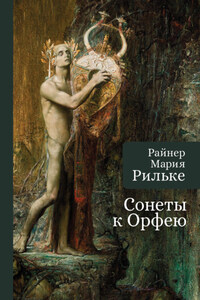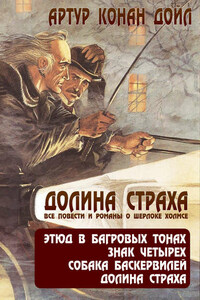In the October of 1642 there came to Cambridge a man from over-seas. He was travelling backward, after the interval of a generation, through the stages of his youth. From his landing at the port whence he had sailed so many years before in chase of fortune he came to London, where he had bustled and thundered as a stage-player. Here he found a new drama playing in a theatre that took a capital city for its cockpit. He observed, sinister and diverted, for a while, and, being an adaptable man, shifted his southern-colored garments, over-blue, over-red, over-yellow in their seafaring way, for the sombre gray surcharged with solemn black. A translated man, if not a changed man, he journeyed to the university town of his stormy student hours, and there the black in his habit deepened at the expense of the gray. In the quadrangle of Sidney Sussex College he meditated much on the changes that had come about since the days when Sidney Sussex had expelled him, very peremptorily, from her gates. The college herself had altered greatly since his day. The fair court that Ralph Symons had constructed had now its complement in the fair new court of Francis Clerke. The enlargement of his mother-college was not so marvellous to him, however, as the enlargement of one among her sons. A fellow-commoner of his time had, like himself, come again to Cambridge, arriving thither by a different road. This fellow-commoner was now the member in Parliament for Cambridge, had buckled a soldier’s baldric over a farmer’s coat, had carried things with a high hand in the ancient collegiate city, had made himself greatly liked by these, greatly disliked by those.
Musing philosophically, but also observing shrewdly and inquiring as pertinaciously as dexterously, our traveller made himself familiar with places of public resort, sat in taverns where he tasted ale more soberly than was his use or his pleasure, listened, patently devout, to godly exhortations, and implicated himself by an interested silence in strenuous political opinions. From all this he learned much that amazed, much that amused him, but what interested him most of all had to do with the third stage of his retrospective pilgrimage. If he had not been bound for Harby eventually, what came to his ears by chance would have spurred him thither, ever keen as he was to behold the vivid, the theatrical in life. Women had always delighted him, if they had often damned him, and there was a woman’s name on rumor’s many tongues when rumor talked of Harby. So it came to be that he rode sooner than he had proposed, and far harder than he had proposed, through green, level Cambridgeshire, through green, hilly Oxfordshire, with Harby for his goal. Chameleon-like, he changed hues on the way, shifting, with the help of his wallet, back into a gaudier garb less likely to be frowned on in regions kindly to the King.
I
THE STRANGER AT THE GATES
The village of Harby was vastly proud of its inn, and by consequence the innkeeper thought highly of the village of Harby. He had been a happy innkeeper for the better part of a reasonably long life, and he had hoped to be a happy innkeeper to that life’s desirably distant close. But the world is not made for innkeepers by innkeepers, and Master Vallance was newly come into woes. For it had pleased certain persons of importance lately to come to loggerheads without any consideration for the welfare of Master Vallance, and in trying to peer through the dust of their broils on the possible future for England and himself, he could prognosticate little good for either. Master Vallance was a patriot after his fashion; he wished his country well, but he wished himself better, and the brawling of certain persons of importance might, apart from its direct influence upon the fortunes of the kingdom, indirectly result in Master Vallance’s downfall. For the persons of importance whose bickerings so grievously interested Master Vallance were on the one side his most sacred and gracious Majesty King Charles I., and on the other a number of units as to whose powers or purposes Master Vallance entertained only the most shadowy notions, but who were disagreeably familiar to him in a term of mystery as the Parliament.
In the mellow October evening Master Vallance sat at his inn door and dandled troubled thoughts. The year of his lord 1642 having begun badly, threatened to end worse. Master Vallance chewed the cud of country-side gossip. He reminded himself that not so very far away the King had set up his standard at Nottingham and summoned all loyal souls to his banner; that not so very far away in Cambridge, a fussy gentleman, a Mr. Cromwell, member for that place, had officiously pushed the interests of the Parliament by raising troops of volunteers and laying violent hands upon the University plate. Master Vallance tickled his chin and tried to count miles and to weigh probabilities. Royalty was near, but Parliament seemed nearer; which would be the first of the fighting forces to spread a strong hand over Harby?










